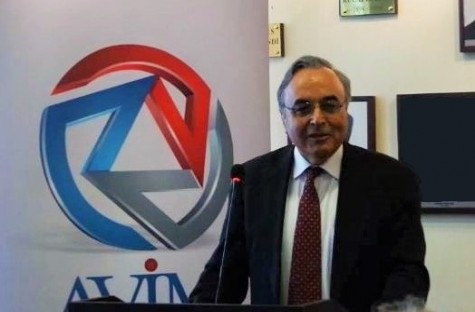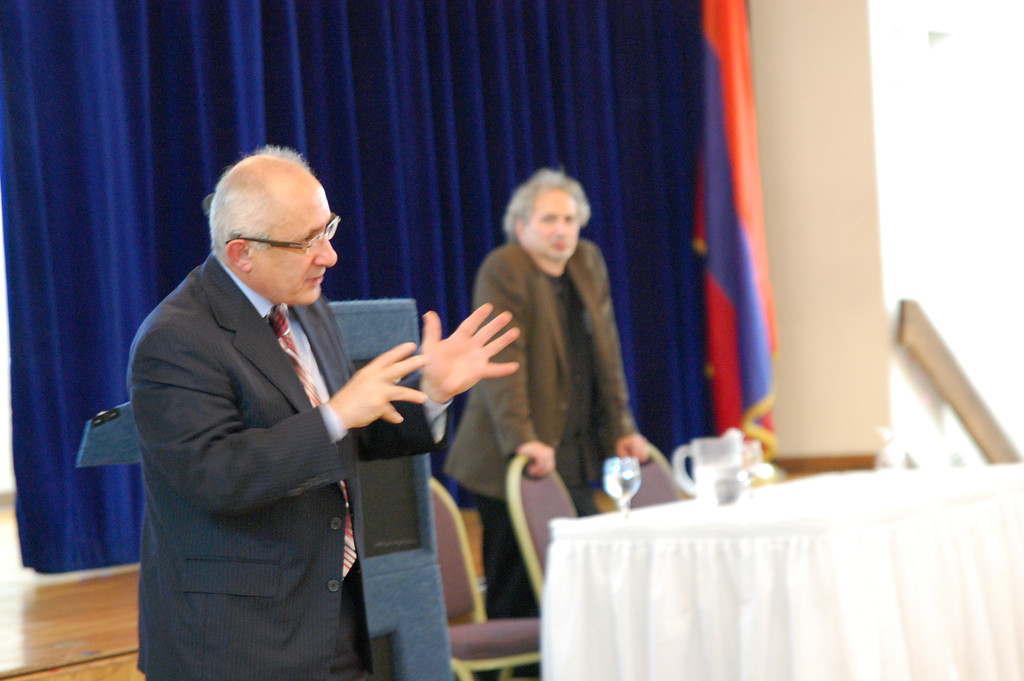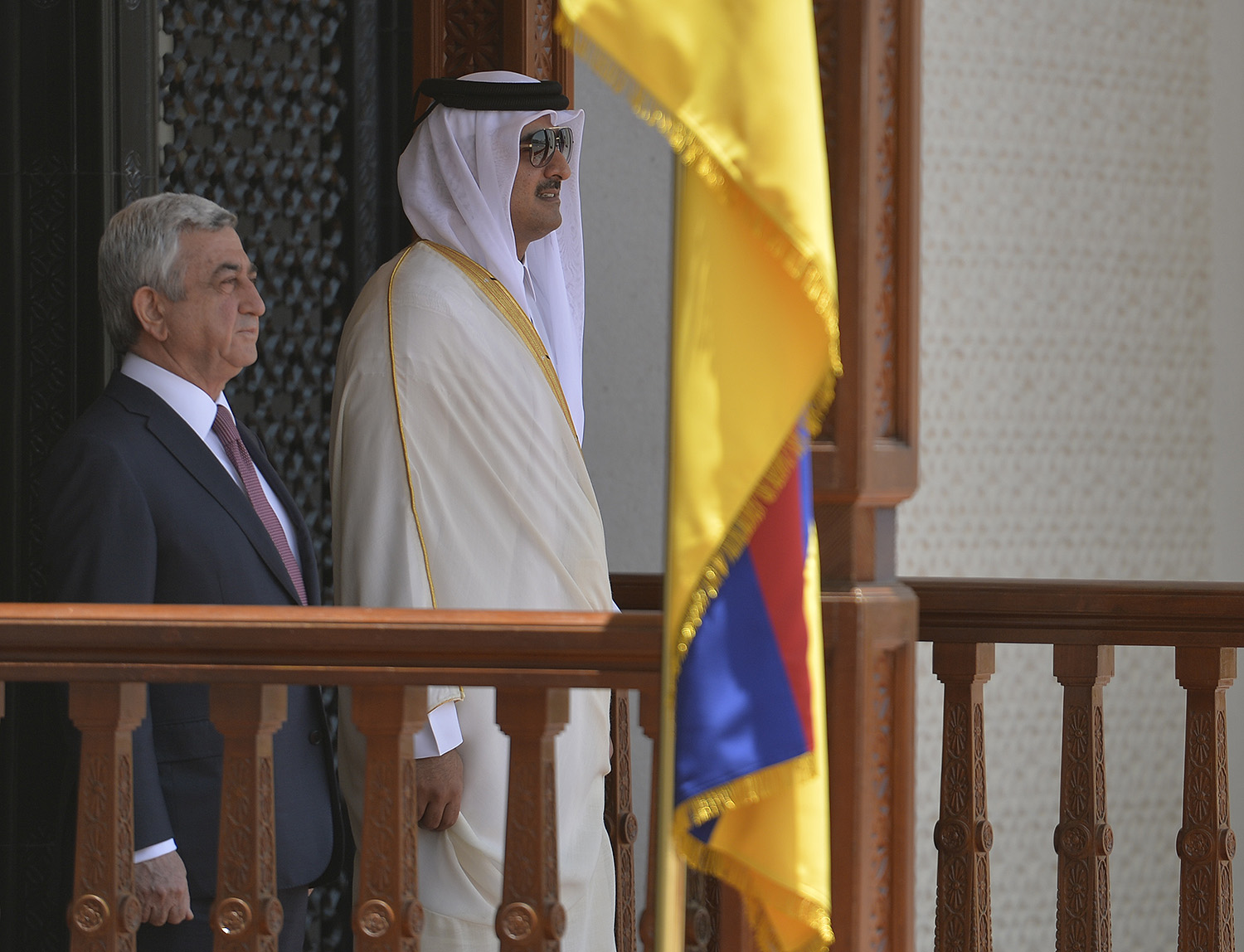The European Union has delineated its eastern border with the River Maritsa and has erected the Schengen barbed wire on the Greek shores of the river. It is not possible for this ugly barbed wire to prevent illegal passages as it is alleged for the reasons of its realization. Moreover, this reasoning could well form the justification for the future extension of the barbed wire in an open-ended manner further north. Why does the European Union then put up Schengen walls and turn itself into a fortress closed to the outside world. The most concise and direct answer to this query would be that the European Union has started sidestepping the target and the purpose of its being and has begun to evaluate the European ideals in a narrow and discriminatory manner. As it is evident in the name of the European Union, it is based on a geographical definition. Turkey, which is a Balkan country, is an inseperable geographical and historical part of Europe. Turkey is among the founding members of the Council of Europe, a European organization encompassing all countries of the European continent without any discrimination and the first political European organization to determine European identity, well before the EU. Therefore, attempts to ignore Turkey’s Balkan and European identity is in itself discriminatory and unfortunately such an approach is to be seen within the EU. One other discrimination is the cultural diversity hidden behind the definition of “European values” and more importantly religious diversity which is concealed even more meticulously. It is relatively easier to overcome the discrimination of cultural diversity. It is possible to say that the approach adopted by the Council of Europe that “cultural diversity is Europe’s wealth” and the motto of “unity within diversity” is also acknowledged within the EU although at varying shades. It is a fact that the same understanding does not extend to religious diversity. This situation originates not from political assessment, but rather from the concept of religion and belief itself. Christianity recognizes Judaism which existed before it and shares common sources. Likewise, Islam recognizes the two religions existing before it, its books and prophets and shares common sources. On the other hand, Christianity does not formally recognize Islam as a religion, having emerged later on, but has adopted a practical approach of accommodation within the framework of civil tolerance since it has not been able to oppose or reject it. The concrete reflection of this understanding on the European Union members is, with one exception, Islam not being officially recognized by the EU countries while Christianity is recognized as the official religion and rights granted to churches not being applied to Islamic organizations. The one exception is Austria that has recognized Islam formally following the 1881 annexation of Bosnia-Herzegovina for the convenience of administering the Muslim population there. There is no precondition of being secular for membership to the EU which currently consists entirely of Christian countries. Consequently, it is difficult to claim that the EU does not possess a religious discriminatory stance towards Turkey’s membership, despite Turkey being a secular country. The founding fathers of the European Union have set off with the goal and ambition to create a unifying rather than separating and an integrating rather than factionalizing Europe. At the point reached today, it can be seen that this ideal is becoming a relic of the past, that real- politic and balances of political power have gained the upper hand, steps fueling discrimination have been taken and building a discriminatory fortress Europe is on its way. Granting membership to the Greek Administration of Southern Cyprus by leaving aside all the principles, acknowledging at the highest level Armenia, which defines its identity with the emphasis that it has adopted Christianity at a very early date, as a member of the European family and a part of Europe, are naturally opinion makers in Turkey. It is high time for those taking the steps to build a fortress Europe and erecting the Schengen barbed wire alongside the Maritsa to take lessons from history and to remember that no wall is impassable and no fortress is infallible.
© 2009-2025 Center for Eurasian Studies (AVİM) All Rights Reserved
ARMENIAN HATE-MONGERING HITS THE INTERNATIONAL JUDICIAL WALL
 RUSSIA AND CHINA CARRY OUT JOINT NAVAL EXERCISE IN EASTERN MEDITERRANEAN
RUSSIA AND CHINA CARRY OUT JOINT NAVAL EXERCISE IN EASTERN MEDITERRANEAN
 TANER AKÇAM AND AGOS DO NOT SURPISE US ANYMORE
TANER AKÇAM AND AGOS DO NOT SURPISE US ANYMORE
SARDARAPAT: THE VICTORY THAT NEVER HAPPENED
 NATIONAL SCHOOLS IN THE OTTOMAN EMPIRE AND THE RISE OF ARMENIAN INSURGENCY
NATIONAL SCHOOLS IN THE OTTOMAN EMPIRE AND THE RISE OF ARMENIAN INSURGENCY
 ARMENIA ON IRAN’S PATH TO THE GULF
ARMENIA ON IRAN’S PATH TO THE GULF




























